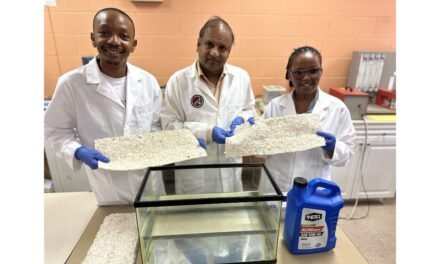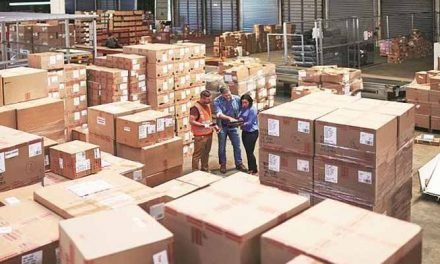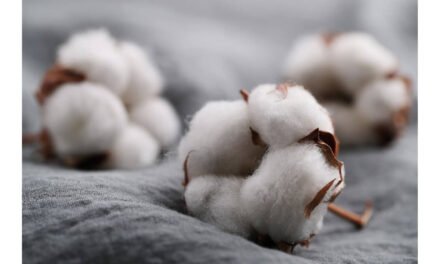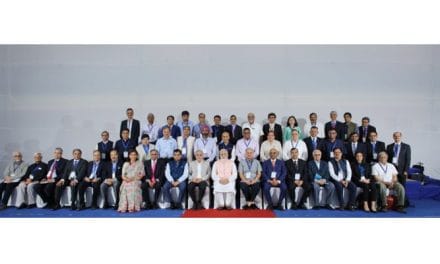 India’s cotton textile exports in 2023-24 were valued at $12,258 mn, reflecting a nearly 29 per cent decline compared to 2021-22, as per data presented in the Rajya Sabha during the on-going winter session.
India’s cotton textile exports in 2023-24 were valued at $12,258 mn, reflecting a nearly 29 per cent decline compared to 2021-22, as per data presented in the Rajya Sabha during the on-going winter session.
In 2021-22, exports amounted to $17,166 mn. The quantity of cotton fabrics and made-ups exported from India fell by 19 per cent in 2023-24, while cotton yarn exports saw a 31 per cent drop. Additionally, exports of raw cotton declined by 60 per cent. However, exports of other textile yarns and made-ups increased by 12 per cent during the same period. Minister of State Pabitra Margherita shared these details in response to a question from MP Parimal Nathwani.
India’s exports, which had been as high as $17,166 mn in 2021-22, dropped to $11,085 mn in 2022-23. However, in the following fiscal year, the value of exports rebounded with an 11 per cent increase. Key export markets for Indian cotton textiles include the United States, Bangladesh, China, Sri Lanka, and the UAE. Gujarat, which accounts for nearly 30 per cent of India’s cotton textile exports, saw a decline in exports from $4,760 mn in 2021-22 to $3,615 mn in 2023-24.
Regarding cotton production, Gujarat leads the country, surpassing a production of 90 lakh bales (170 kilograms each) between October-September 2023-24, marking a 20 per cent increase from the previous period. In contrast, Maharashtra, the second-largest producer, saw a 2 per cent decline, producing 80 lakh bales in 2023-24. Telangana, with 51 lakh bales during the same period, ranked third.
In its written reply, the government highlighted its efforts to boost exports, including implementing the Rebate of State and Central Taxes and Levies (RoSCTL) scheme for apparel, garments, and made-ups.
Products not covered by RoSCTL are eligible for the Remissions of Duties and Taxes on Exported Products (RoDTEP) scheme. The ministry is also supporting Export Promotion Councils/Associations in organising BHARAT TEX 2025 in February 2025, a mega textile show to showcase India’s textile value chain, innovations, and trends. Furthermore, India has signed 14 Free Trade Agreements (FTAs) and 6 Preferential Trade Agreements (PTAs) to facilitate access to global markets in the cotton textile sector.
The government also mentioned that the ICAR-Central Institute for Cotton Research (CICR), Nagpur, under the Ministry of Agriculture & Farmers Welfare, along with the AICRP on Cotton, is focused on developing improved cotton varieties and agro-technologies. Over the past decade, 333 cotton varieties have been released, including 191 non-Bt and 142 Bt cotton varieties.





















